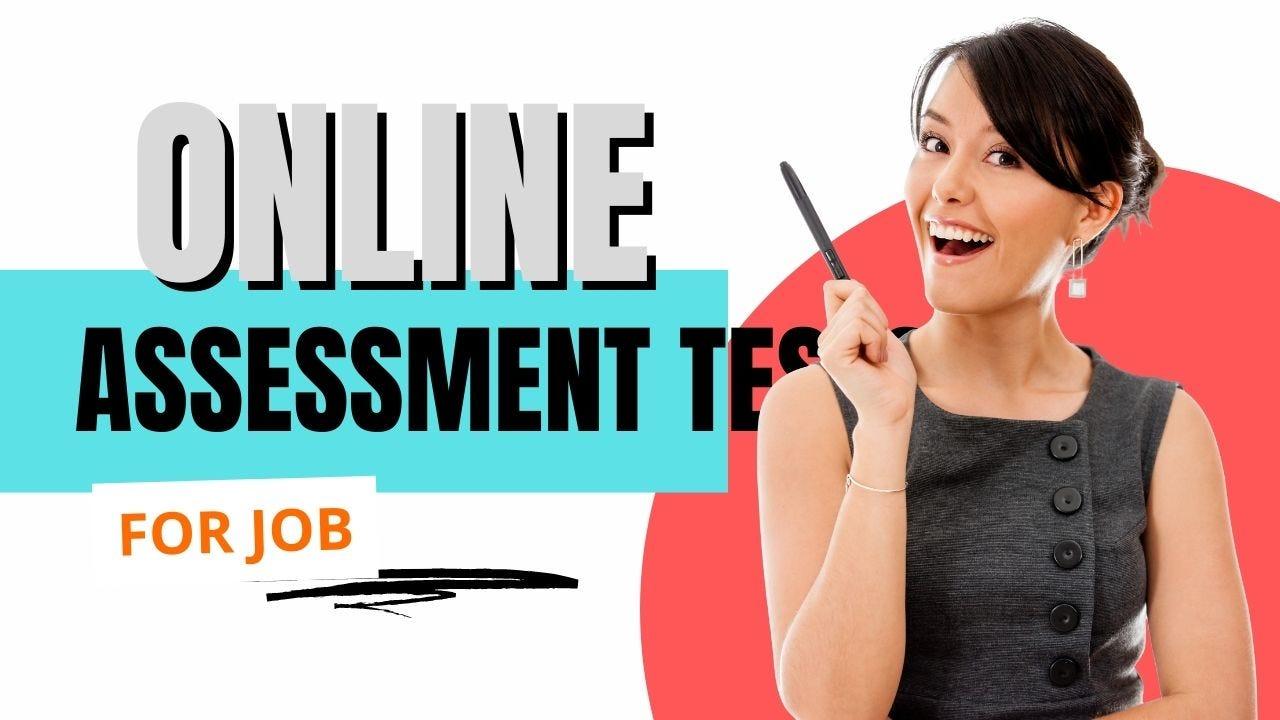The COVID-19 pandemic necessitated a dramatic shift to remote working models across sectors. This change is also reflected in recruitment practices as virtual hiring gains precedence. Companies realise that work-from-home need not impede sourcing quality talent if backed by the right technological strategies.
As physical interviews and traditional test centres pose increasing logistical constraints, online assessment tests for jobs are emerging as the paradigm for evaluating applicants remotely. Futuristic platforms equipped with proctoring bots, AI-enabled analytics, and data security are transforming external recruitment.
Employers are leveraging these smart systems and simulated interfaces to gain deep, standardised insights into the cognitive abilities, soft skills, and culturefit of applicants virtually. Remote evaluation unlocks unprecedented hiring reach and flexibility. This technology pivot is boosting productivity while also saving costs and minimising hiring timelines through process reimagination.
While adoption accelerates, this space will see continued innovation around security, predictive hiring analytics, individualised assessments, and immersive evaluator experiences driving competitive advantage in recruiting.
Optimising logistics with online testing
Conducting offline evaluations requires massive investments towards test centre infrastructure, slots, logistics, and staffing, which keeps increasing exponentially across locations. Online assessment test for jobs optimise this by enabling assessments remotely through digital platforms, eliminating venue dependence. Technology integration powers seamless coordination of registration, scheduling, verification, automated proctoring, instant evaluations, and result processing, irrespective of scale. Unified platforms reduce complexities, enabling anytime-anywhere access through personal devices.
Widening talent reach through remotely proctored assessments
Remote online testing dismantles geographic barriers, allowing equal participation by suitable applicants from anywhere if digitally accessible. Location-agnostic evaluations powered by AI-based remote proctoring widen the talent funnel multiplefold for employers. This grants access to quality applicants beyond the local catchment who can attempt assessments conveniently from home, saving relocation constraints. Wider participation diversifies applicant perspectives retained during shortlisting.
Analytics-driven insights into applicant potential
Sophisticated analytics like scoring, time tracking, red flags, metadata capture, and question patterns provide multifaceted performance assessments going beyond just scores. Platforms offer ready benchmarking across tests, question types, and domains, allowing contextualised interpretations to identify applicant potential accurately. Advanced analytics aids in configuring personalised assessments by adapting to each test-taker pace, capability, and behavioural traits for reliable analysis.
Emerging innovations in remote assessment formats
Remote testing platforms equip multifaceted analysis through the latest assessment formats like immersive coding simulators, versatile psychometrics, AI-enabled video analysis, NLP for spontaneous responses, and augmented reality environments to evaluate specialised skills like spatial reasoning realistically. Using technologies like Blockchain, credentials get verified without paperwork. Futuristic applications of computer vision, robot reviewers, and metaverse testing spaces continue disrupting existing paradigms while boosting reliability.
Emerging innovations in remote assessment formats
Evolving from conventional question banks, remote recruitment tests now integrate advanced formats like coding simulators, psychometric evaluations, video interviewing, game-based assessments, etc., for well-rounded analysis. Futuristic technologies like facial recognition, machine learning, and natural language processing take remote test authentication and proctoring to the next level. Cutting-edge innovations continue to transform online assessment tests for jobs.
Key enablers in successful remote testing deployment
Implementing remote recruitment testing at scale requires significant technology and process adaptations by employers. Robust test platforms and internet connectivity form the foundational pillars for glitch-free operations. Extensive content curation across competencies, proctor authorisation protocols, and data security frameworks need to be instituted while also training recruitment teams on remote coordination.
Candidate awareness campaigns around remote test-taking norms also foster wider acceptance. Detailed pre-test guidelines covering technology requirements, authentication protocols and rules for seamless test delivery are critical. Conducting tech-readiness checks before testing prevents last-minute glitches.
Test platforms should also have candidate-facing interfaces offering seamless self-scheduling, attempt tracking, and performance insights to aid the experience. On the test design front, employers must assess workforce roles to identify relevant domains for curating targeted assessments spanning functional knowledge, cognitive abilities, technical skills, and cultural fitment. Benchmarking with industry and function-specific frameworks ensures more objective evaluations. Content formats should provide reliable and well-rounded analysis – beyond just MCQs to include case analysis, coding tasks, psychometrics, etc. As self-paced online testing gains prevalence, emphasis on test security and proctoring vigilance becomes paramount.
The way forward
As competitive talent acquisition gains precedence, online assessment tests for jobs are primed to be a mainstream hiring fixture. Remote testing unlocks unprecedented hiring reach, analytics potential and flexibility for employers. While adoption accelerates, platforms are also set to incorporate next-gen capabilities like blockchain-enabled credentialing, metaverse environments, and evolved data science applications for recruitment excellence.
Conclusion
The pandemic hastened remote recruitment testing adoption, but its ubiquity will persist as the future of work gets distributed. These upcoming models will be characterised by blended assessment formats, versatile analytics, and radically evolving platform capabilities while preserving credibility and userconvenience at the core. As talent acquisition goes boundary-less, data-driven remote testing platforms will catalyse the competitive advantage.


